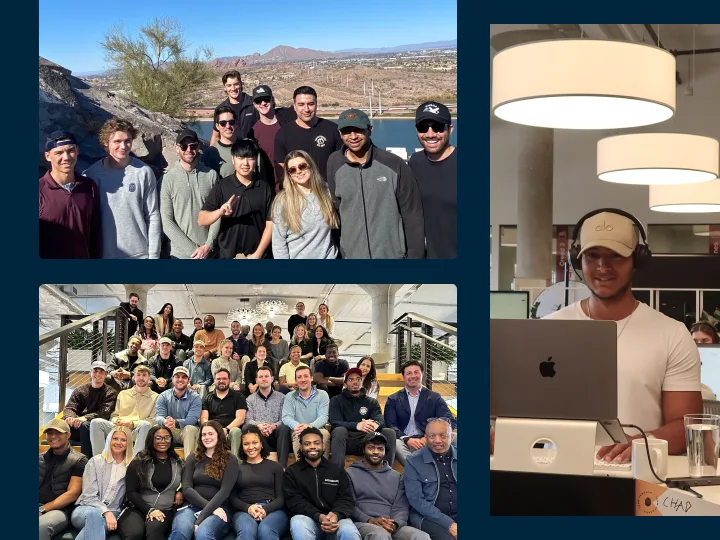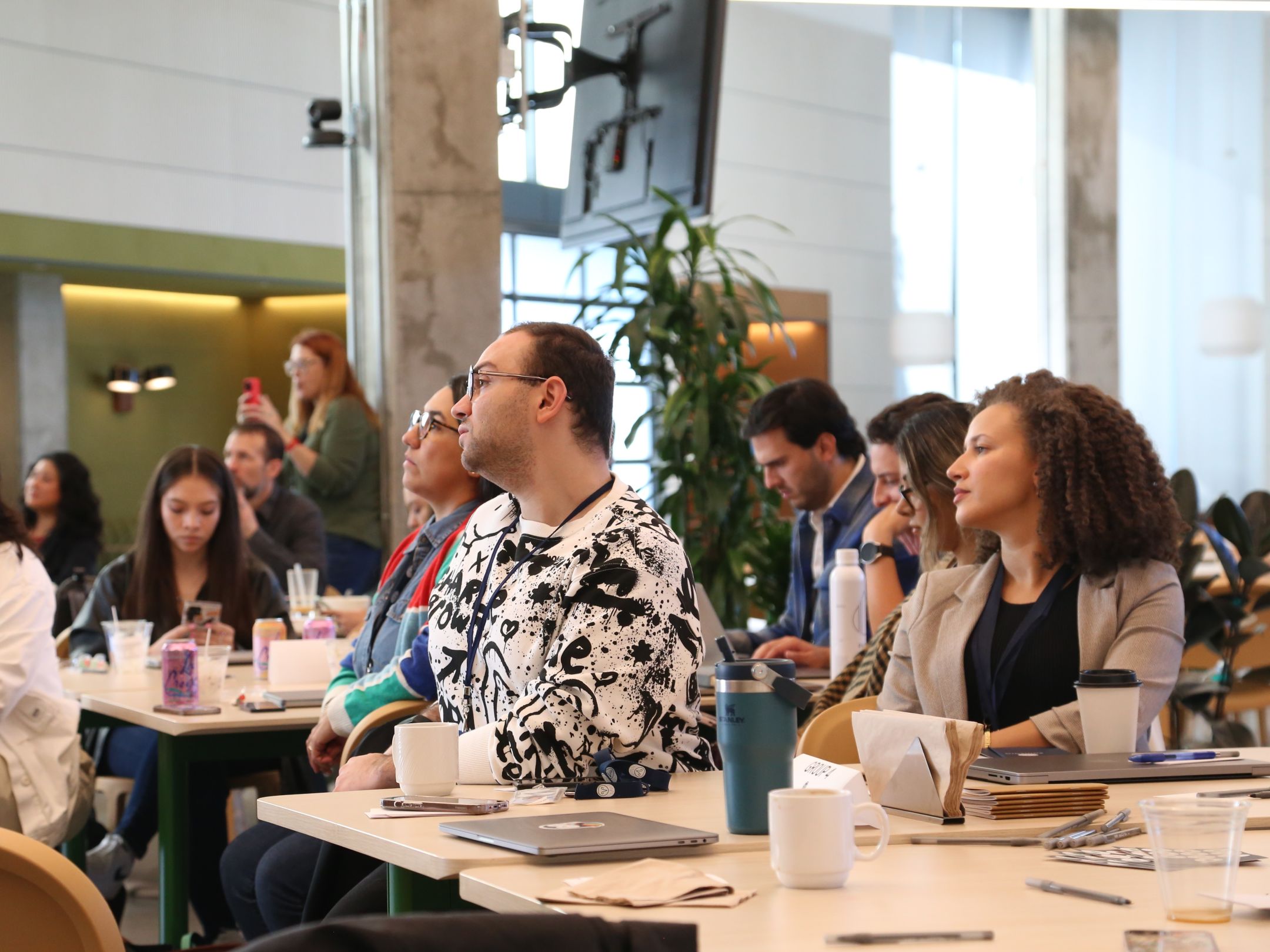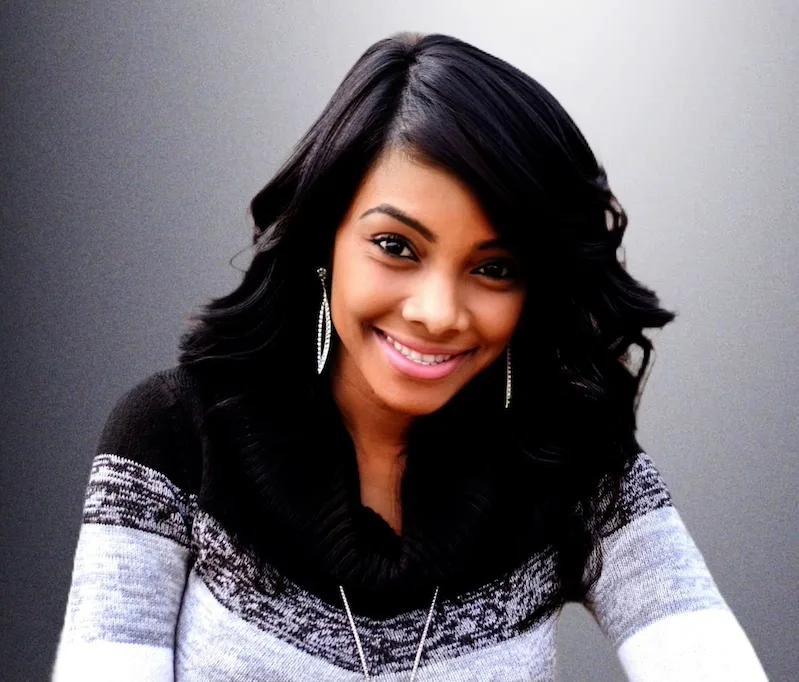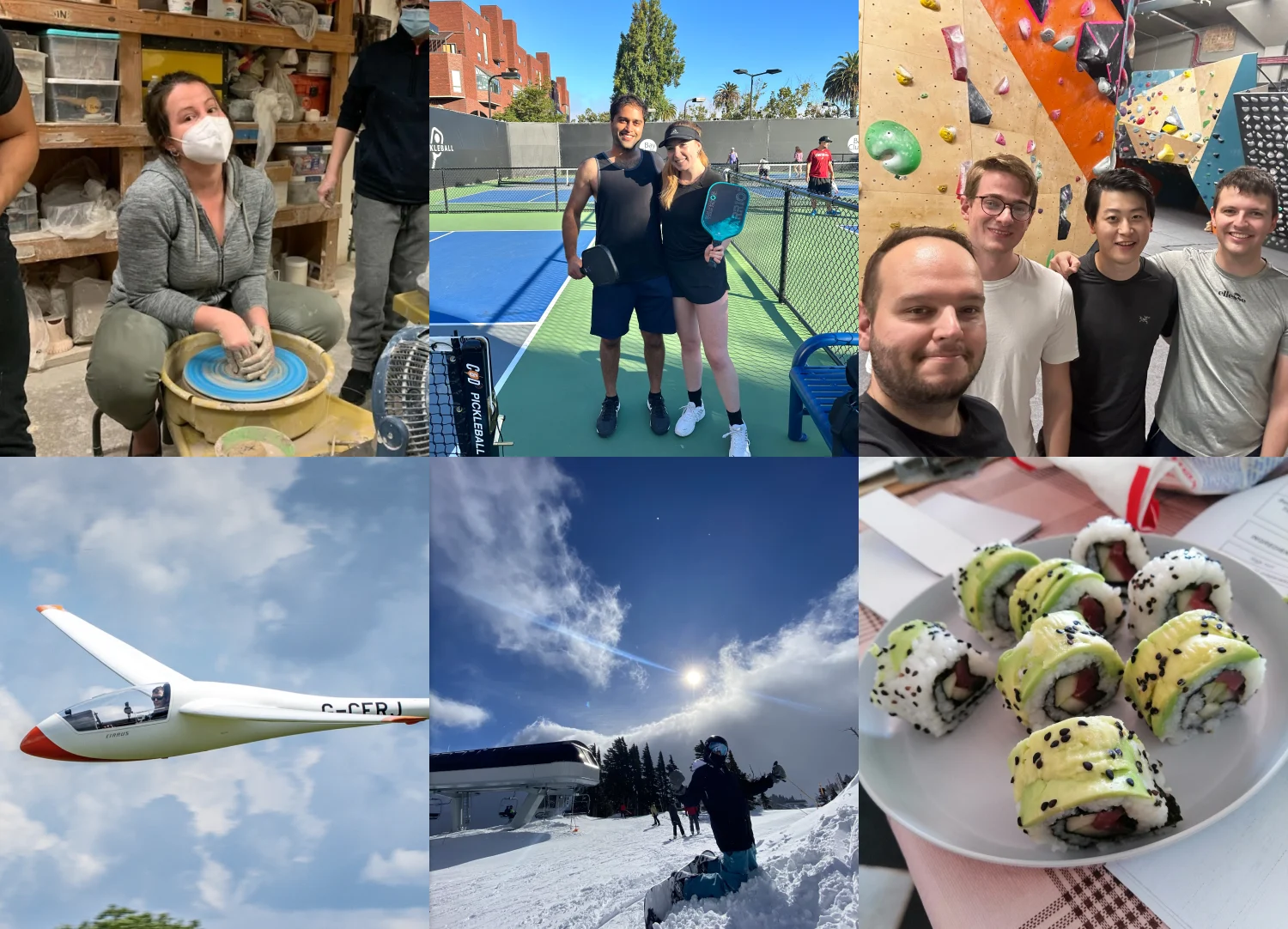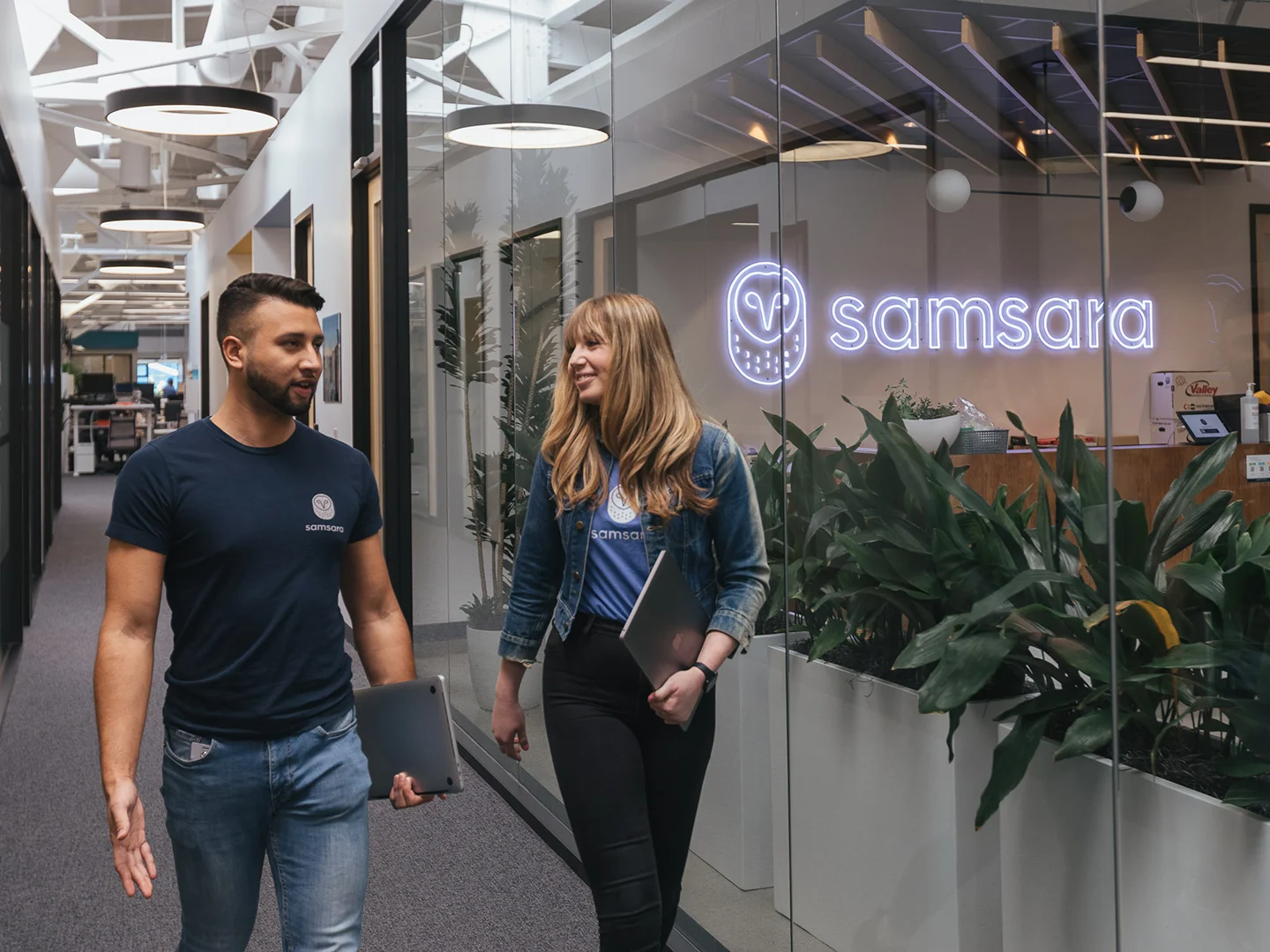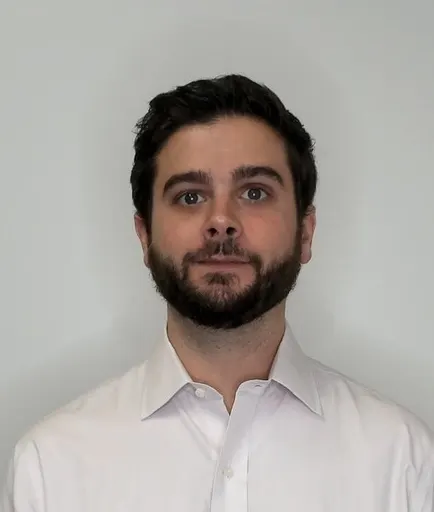Life at Samsara
Learning love and justice from Rev. angel Kyodo williams
July 6, 2023
Senior Marketing Operations Manager

Get the latest from Samsara
Subscribe nowThis Pride Month, Samsara’s Pride ERG invited Rev. angel Kyodo williams to engage in a discussion about love, justice, and queerness. Rev. angel is a queer Zen priest who integrates spirituality, social justice, and embodiment to promote healing and justice in society. She is the author of Being Black: Zen and the Art of Living With Fearlessness and Grace and co-author of Radical Dharma: Talking Race, Love & Liberation.
I sat down with Rev. angel to discuss her journey with queerness and spirituality. I’m a Senior Marketing Operations Manager, member of our Pride ERG, and have been at Samsara for over three years. Leading this conversation was exciting because of my own experience between the intersections of queerness, blackness, and spirituality.
Our conversation started with an intentional meditation to focus our attention before learning more about Rev. angel’s practices—here are six key takeaways from our discussion:
Loving ourselves opens us up to love others
In all of Rev. angel’s teachings, her core message is that loving yourself must come first. From learning to love and accept yourself wholly, you can be empowered to engage with the world and other people from a place of love and authenticity. She shared: It's not about having “a perfected view… but rather a complete view of ourselves that allows us to accept ourselves.” Accepting your imperfect self is a radical form of love and healing, and when we are able to do this we are able to accept and love others.
The inner-change needed to fully love yourself takes time
Although the idea of healing through radical self-love can be daunting, Rev. angel assured us that in time, the process is worth it. Self-love is often perceived as selfish in our culture—we're encouraged “to focus on and love others” while avoiding our own egos. Unlearning these ideas can take time and may be uncomfortable, but when we incorporate mindfulness, self-awareness, and self-care into our spiritual practices, we can cultivate the self-acceptance necessary for true self-love.
Achieving justice requires the mind, spirit, and body to be connected
Rev. angel Kyodo williams teaches that embodied justice is the “ultimate path to justice.” Societal constructs and injustices impact not only the mind but also the spirit and body. By acknowledging the interconnectedness of our experiences and bodies, we overcome the limitations that come with separating justice from our embodied selves. Through the practice of mindfulness and learning to be present in our own bodies, we’ll be able to tackle conflict and challenges from a new perspective. Rev. angel says we'll be able to approach conflict, not from “the ways that we were shaped, or the information that we received, or any ideologies or beliefs, and so on, but rather from the truth of where we actually stand.”
Human nature is to collaborate with each other, not to be in conflict
It’s hard to look at the state of society right now and not notice division, conflict, and hostility. Rev. angel counters that humans are not only more similar than we think, but we are inherently connected with one another. According to Rev. angel, the reason that we have created “complex societies is because we have figured out how to collaborate” and our nature is “far more connected, far more collaborative, [and] far more compassionate” than we are led to believe. The key to tapping into this connectedness is listening and respecting differences: we must create environments that allow us to embrace ourselves and appreciate the differences and beauty in others.
Marginalized groups defy the social norm and create a blueprint for doing so by loving themselves and living authentically
The Black queer experience plays an important role in shaping and influencing society by challenging societal norms and creating space for authenticity and freedom. But as a Black and queer community leader, Rev. angel acknowledges how both communities face discrimination and othering—even more so when these communities intersect. She shares: “We've had to create a space for ourselves as Black people in a society that would otherwise deny us the truth of who we are. It's a language of centering love for who you are despite whatever conditions and constructs are telling you differently.”
To show up as a corporate ally, we must start with leadership
Finally, this Pride Month has brought about a lot of discussion on when corporate allyship is sincere or performative. For a company to practice true allyship, it must start with leadership unlearning and unpacking their own biases and start engaging “in direct conversation with the people that are impacted most,” according to Rev. angel. Listening to marginalized groups, understanding and acknowledging their needs, and celebrating their differences are all actions that promote a healthy, safe, and inclusive culture.

Thank you to Rev. angel Kyodo williams for sharing your wisdom and leading a thoughtful discussion on love and justice. This was an impactful way for us to start our Pride Month celebrations at Samsara and left us inspired and encouraged.
Learn more about DEI at Samsara and how you can join us in making the world more efficient, safe, and sustainable.
Get the latest from Samsara
Subscribe now


